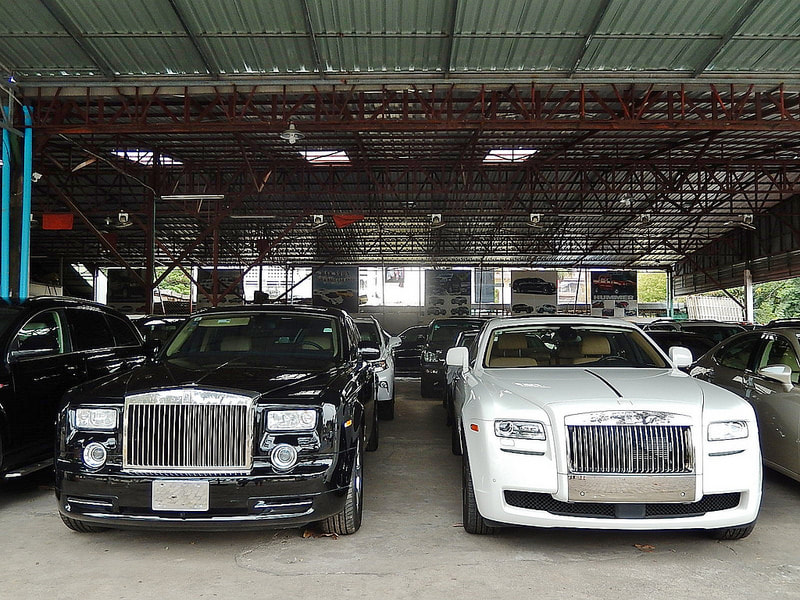Can't Buy Me Love?
May I Think About It?
Stuff
|
"Stuff" itself seems to be part and parcel of Western cultures, but over-consumption — buying more than we need — has long been a serious problem for a host of reasons. It emerges from an economic system that's ecologically toxic, puts things before people, and insists that we cannot be happy unless we continue to buy. It mimics and minimizes religion with advertising evangelists and shopping-mall temples. It strains our nervous systems, encourages gluttony, and even usurps our civic life. Political activist and Sojourners magazine co-founder Jim Wallis writes that many people "feel they no longer have the power to change their communities or their nation, only to make choices among products." (from Spirituality and Practice)
|
The Ten Temptations of Consumerism
and a Post-Consumerist Alternative
by Jay McDaniel
|
The Ten Temptations of Consumerism
are to believe that: 1. Appearance, affluence, and marketable achievement are—and ought to be—the central organizing principles of our lives. 2. Being compulsively busy, even to the point of exhaustion, is a sign of healthy and productive living. 3. Having a successful career is more important than being a good parent, a good neighbor, a kind and loving person, or taking walks in the woods. 4. Good work is reducible to making money; and that unpaid work—particularly in the home—is not really working. 5. The appropriate goal in life—higher than service to the poor or service to God—is to enjoy prosperity in the suburbs with the perfectly manicured lawn. 6. Depression can and should be cured by shopping. 7. The most important thing is life is “to have my needs met.” 8. We humans are not citizens of our communities, much less vessels of God’s love, but rather consumers who participate in the global marketplace, and that other creatures are commodities for our use. 9. The universe is not a communion of subjects, but a collection of objects. 10. We are all on our own, because there is no grace—no ultimate mercy—within the depths of things. |
A Post-Consumerist Alternative
is to believe that: 1. Wisdom, compassion, and freedom are much more important than appearance, affluence, and marketable achievement. 2. Healthy living requires, not only creativity and action and good work, but also rest and relaxation, so that our work can be productive rather than compulsive. 3. It is much more important to be a good parent, a good neighbor, and a good person than to have a successful career, particularly if “success” is define in purely monetary terms. 4. Truly good work does not consist in making money or in exploiting natural resources, but rather in serving others, often without being noticed. 5. Helping others, and dwelling in solidarity with people in need, is more important than prosperity in the suburbs. True prosperity is living lightly on the earth and gently with others. 6. Compulsive shopping is a symptom of disease, not a cure for depression. 7. Happiness lies, not necessarily in “having my needs met,” but in living simply and in service to others. 8. The world is not a global marketplace but rather a gorgeous planet, filled with many creatures, each of which is loved by God on their own terms and for their own sakes, and each of whom is inwardly animated by God’s Spirit. 9. The universe is a communion of subjects, not a collection of objects. 10. We are not on our own, because the universe is enfolded within an ultimate grace, which renders questions of “success” and “failure” irrelevant. |
Videos
|
|
|
|
|



